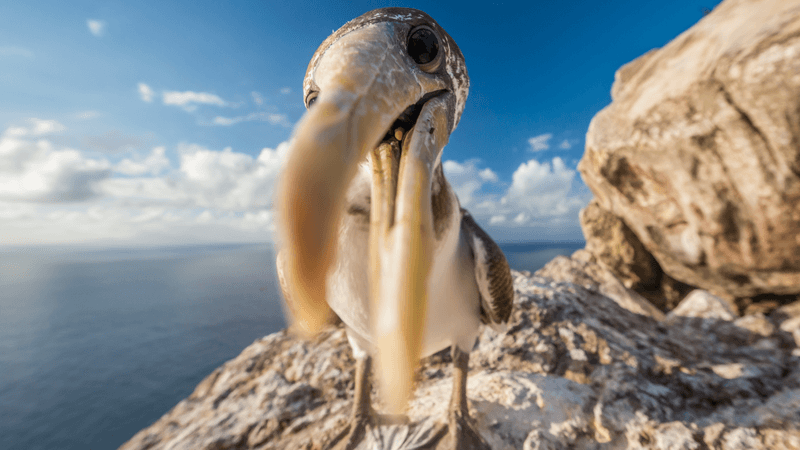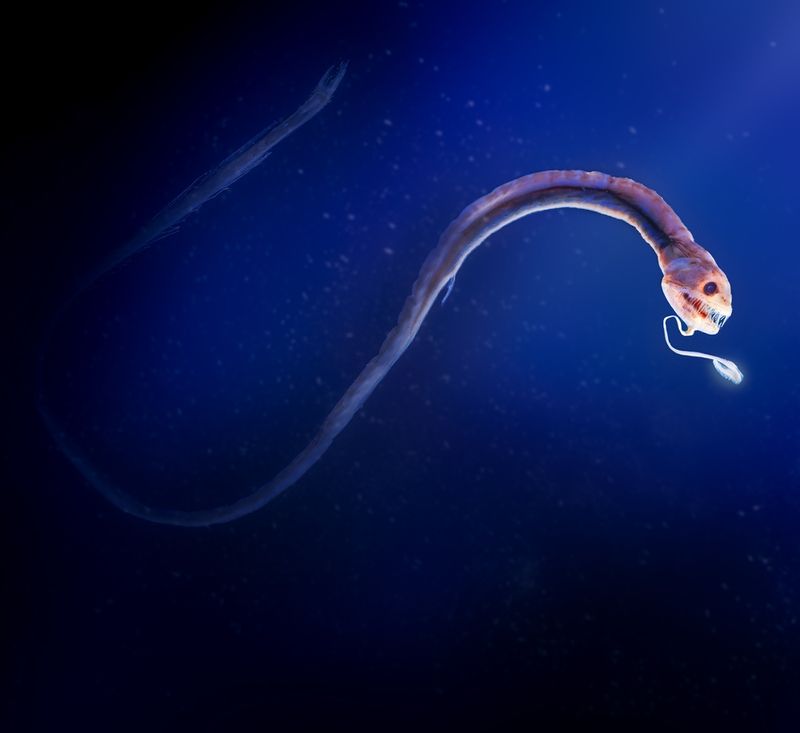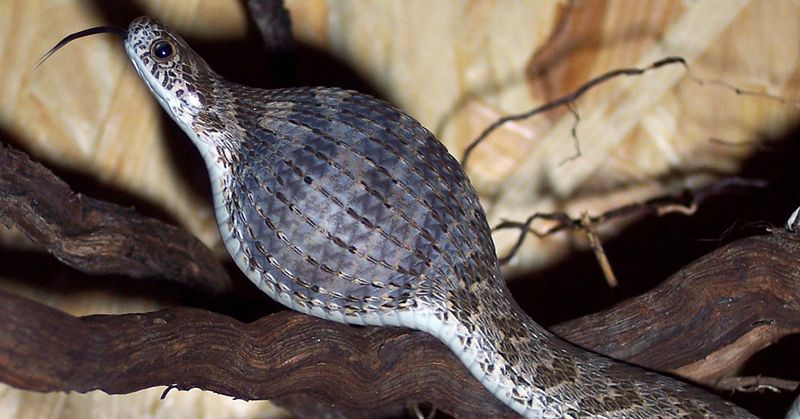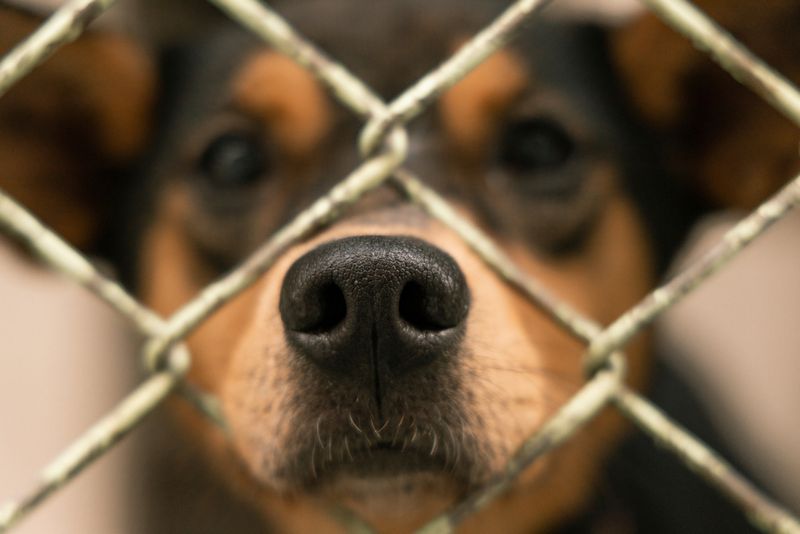A rewilding success story is being celebrated in the Caribbean where, in just a few short years, the barren moonscape of the island of Redonda has been transformed into a lush wildlife sanctuary. Now named the Redonda Ecosystem Reserve, it’s been assigned protected status, becoming one of the largest protected areas in the Caribbean.
Spanning 30,000 hectares (74,000 acres) of land and sea, Redonda is home to seagrass meadows and an enormous coral reef that are home to at least 30 globally threatened and near-threatened species, as well as globally important colonies of seabirds.
It’s the result of a collaborative effort involving the government of Antigua and Barbuda, including the Department of Environment (DoE), as well as local and international conservation non-governmental organizations (NGOs), such as the Environmental Awareness Group (EAG), Fauna & Flora, and Re:wild.
“The Department of Environment is very proud of our part in restoring Redonda, the third island of Antigua and Barbuda,” said Helena Jeffery Brown, technical coordinator in the Department of Environment, and founding member of the Redonda Restoration Program, in a release emailed to IFLScience.
“Now with the creation of the Redonda Ecosystem Reserve, we have made a great stride towards fulfilling our government’s commitment to conserve at least 30 percent of terrestrial, inland water and coastal and marine areas under the Kunming-Montreal Global Biodiversity Framework, adopted at the COP 15 of the UN Convention of Biological Diversity in December 2022.”
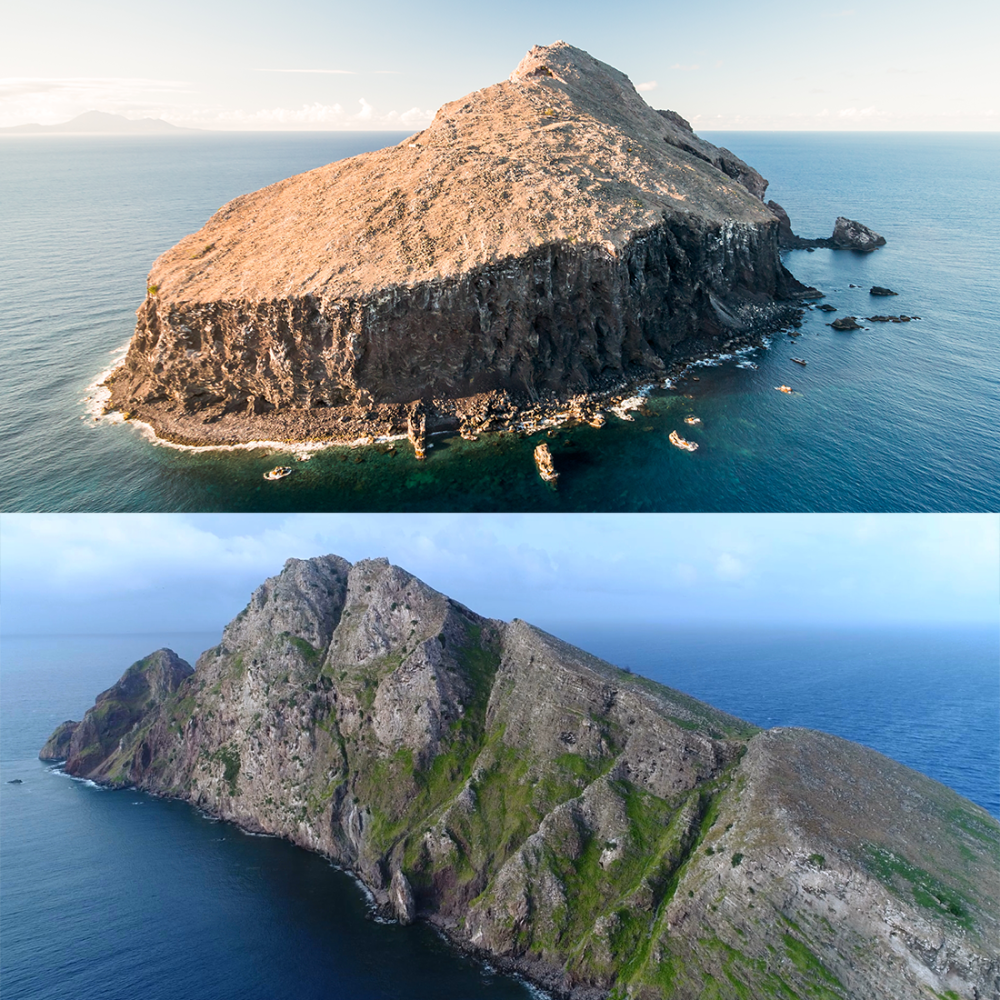
A key step in the island’s rewilding involved removing invasive rats and goats that had been introduced by European colonizers and had a devastating impact on native plant and animal species. With them gone, the total vegetation biomass has increased by over 2,000 percent, luring back 15 species of land birds and allowing the population of lizards to thrive.
One of the most notable success stories among the species that have benefited is that of the Redonda ground dragon, Ameiva atrata, whose numbers have increased 13-fold since 2017. The island stands proud as a remarkable example of what can be achieved through rewilding, but the work isn’t done yet.
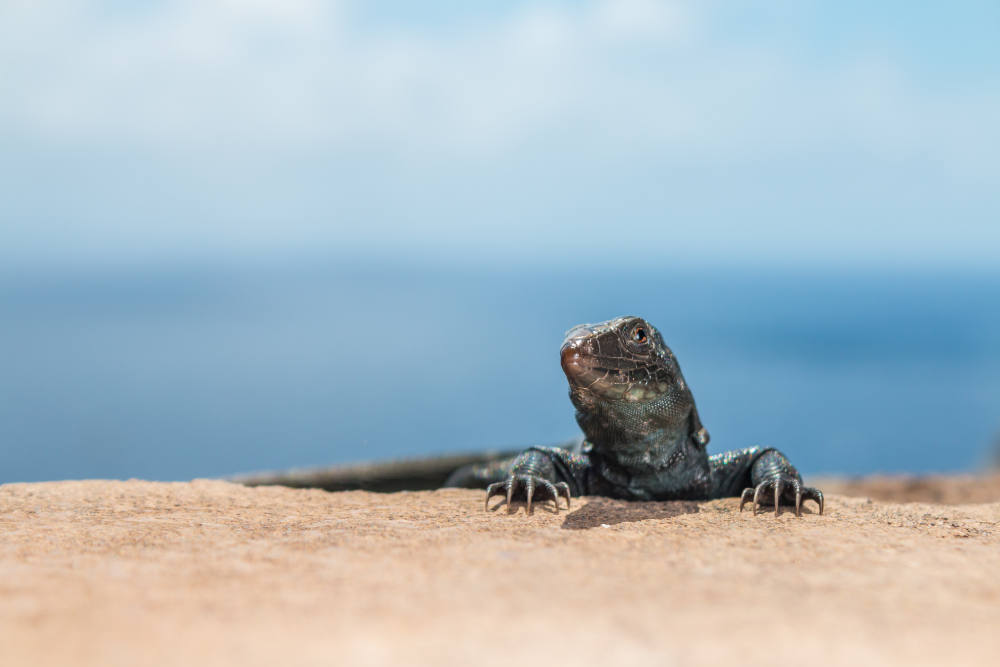
Work will continue on Redonda to reduce the risk of future invasions that could threaten the island’s fragile biodiversity, and it’s hoped further species can join the fold with the reintroduction of native animals like iguanas and burrowing owls.
“The Caribbean Islands are facing the highest extinction rates in modern history, and the restoration and protection of areas like Redonda are critical,” said Jenny Daltry, Caribbean Alliance director for Re:wild and Fauna & Flora.
“While the removal of invasive species has been key to Redonda’s revival so far, that’s by no means the end of the story. The protected area designation is vital for our ongoing commitment to restoring Redonda to its former glory, and could pave the way for Redonda to become an incredible sustainable tourism attraction in the near future.”

